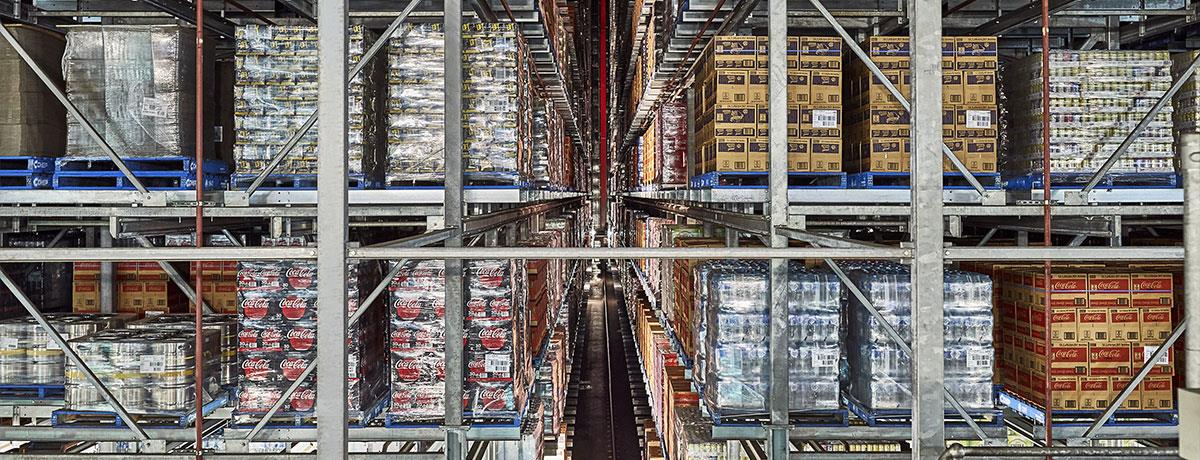
Are your supply chains fit for the future?
Supply chains are having to adapt to new demands and new business models. It will not be a complete upheaval so much as accelerating changes already in the pipeline – if change really is going to come. Ruari McCallion reports.
After Fukushima, earthquakes, financial system collapse and now Covid-19, you can be forgiven for wondering how many `once in a lifetime` events will have to occur before global supply chains truly embrace change. Or have concerns been overstated? Shane Brennan, Chief Executive of Cold Chain Federation, thinks that the systems held up quite well in the face of an unprecedented convergence of factors.
[The UK remained well stocked throughout the pandemic. The only shortages we saw were in the fulfilment stage during a period of unpredictable and unmeetable consumer `panic buying`," he said.
Manufacturing: the shape of things to come
While many parts of the supply chain did, ultimately, hold up under the immediate strain, not everyone is as sanguine about the longer-term shape of globalisation. The manufacturing sector now seems to be recovering strongly, in the UK in particular, after being faced with an unprecedented challenge.
[Steep decline in demand and a forced pause in production placed huge pressures on cash reserves," said Archie McPherson, former CEO of High Value Manufacturing Catapult (HVMC) at Warwick Manufacturing Group (WMG). [These challenges have come while companies are wrestling with transition to a different economy, a low carbon economy, along with the digitisation of manufacturing and society."
These are manifested also in renewed, critical analysis of the carbon footprint and the sustainability of products, rather than just the piece price. This is a subject that companies like Coca-Cola Amatil in Australia are actively addressing with changes in the make-up of plastic packaging, to improve recyclability, and development of novel solutions to store carbonated soft drinks (CSD) at ambient temperatures, which can exceed 40o C in the Outback.
Long, global supply chains are vulnerable to disruption but `reshoring` or `nearshoring` – bringing manufacturing back from low-cost countries and closer to the marketplaces – carries the risk of cost increases, in labour especially. Maintaining competitiveness requires automation but even that is not a panacea.







